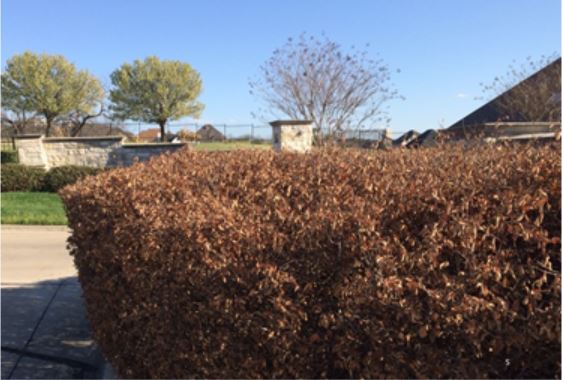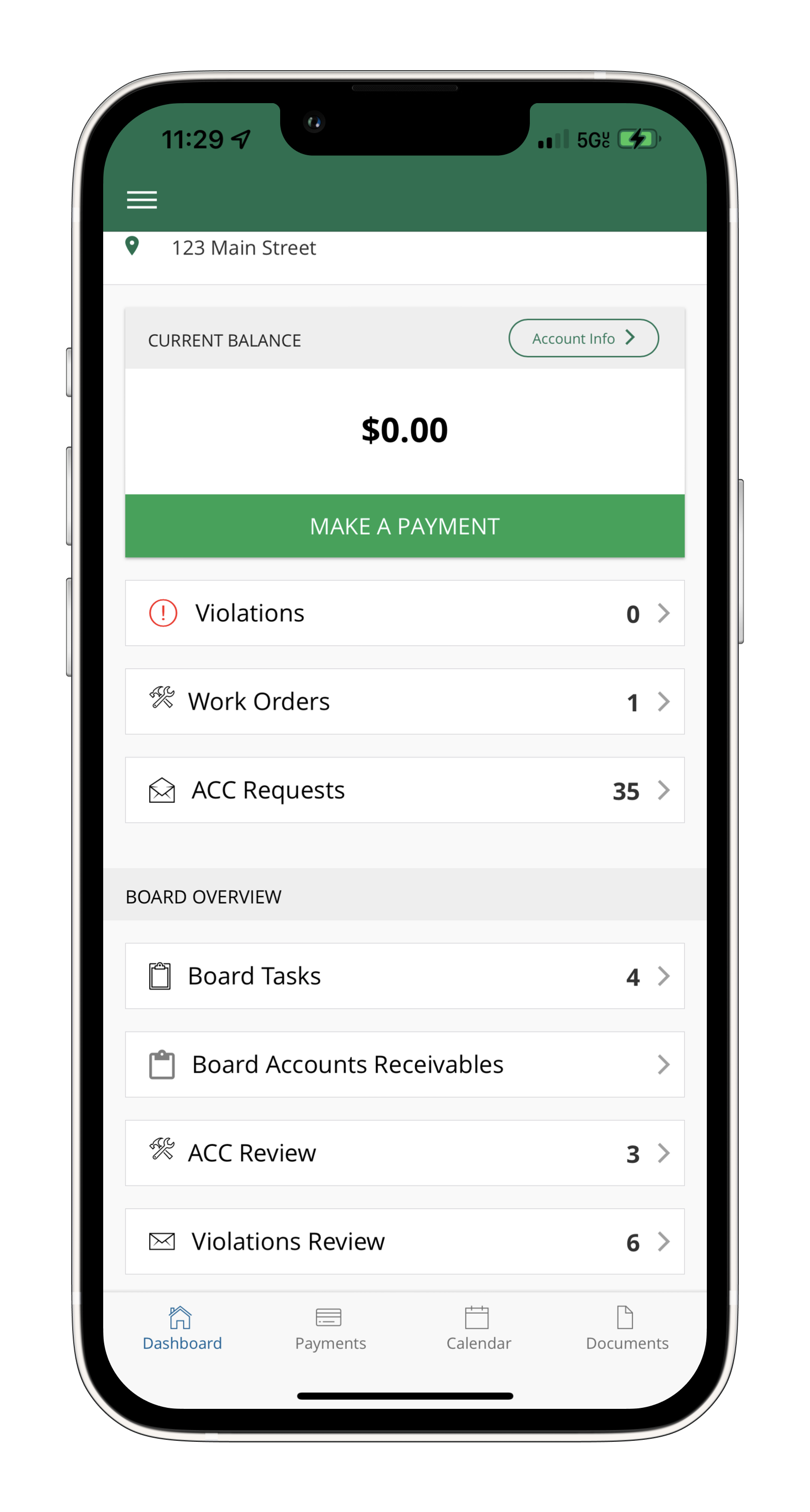
Make Your Annual Meeting a ‘Can’t Miss’ Event
April 1, 2019
4 Key Considerations for Developing HOA Committee Guidelines
April 25, 2019“Excellent board members understand that their position is one of service rather than control.”
What Makes a Great Board Member?
Great community association board members have the right attitude, embrace and prepare for the role, and know when it’s time to move on. They aren’t born for the role, they’re made in the HOA.
If an association is to be excellent, willing volunteers must be developed. Truly exceptional volunteer governance is not a happy accident, and it often has little to do with a volunteer’s background, training, and experience. Instead, it is the result of hard work and the pursuit of proper values, foundational understandings, and perspectives.
Have the Right Attitude
Excellent board members understand that their position is one of service rather than control. They serve their neighbors; they don’t supervise them. A service-forward attitude results in a less defensive perspective in which new ideas and opinions are welcomed and not perceived as insults or threats.

The best know that board service is not an accomplishment or distinction to be defended and preserved. A board member seeing his or her position as an achievement will be less likely to receive criticism and new ideas in a healthy manner, may be less willing to listen to the advice of others, will be threatened rather than encouraged by new ideas, and will be more deeply offended by criticism. Directors concerned about their status may be prone to focus too much on preserving their reputation rather than focusing on the association’s welfare.
A director has got to know his or her limitations. They best accept that they do not know everything; they rely upon managers, consultants, and committees. Such directors handle board disagreements much better by accepting the possibility that another sees or knows something that they do not. A director who accepts that they don’t know everything will be a better listener in board meetings; such a person expects they will learn from their board colleagues. Such a director also will make much better use of open forum input from members, instead of viewing the opinions of others as a nuisance to be endured.
Click on the following link to read the full article from the CAI publication Common Ground, Jan/Feb 2019 and to learn about more about characteristics of the best association board members.
Kelly G. Richardson
Lawyer with Richardson Ober law firm, serving California common-interest communities. He is a CAI past president and a fellow in CAI’s College of Community Association Lawyers (CCAL).







